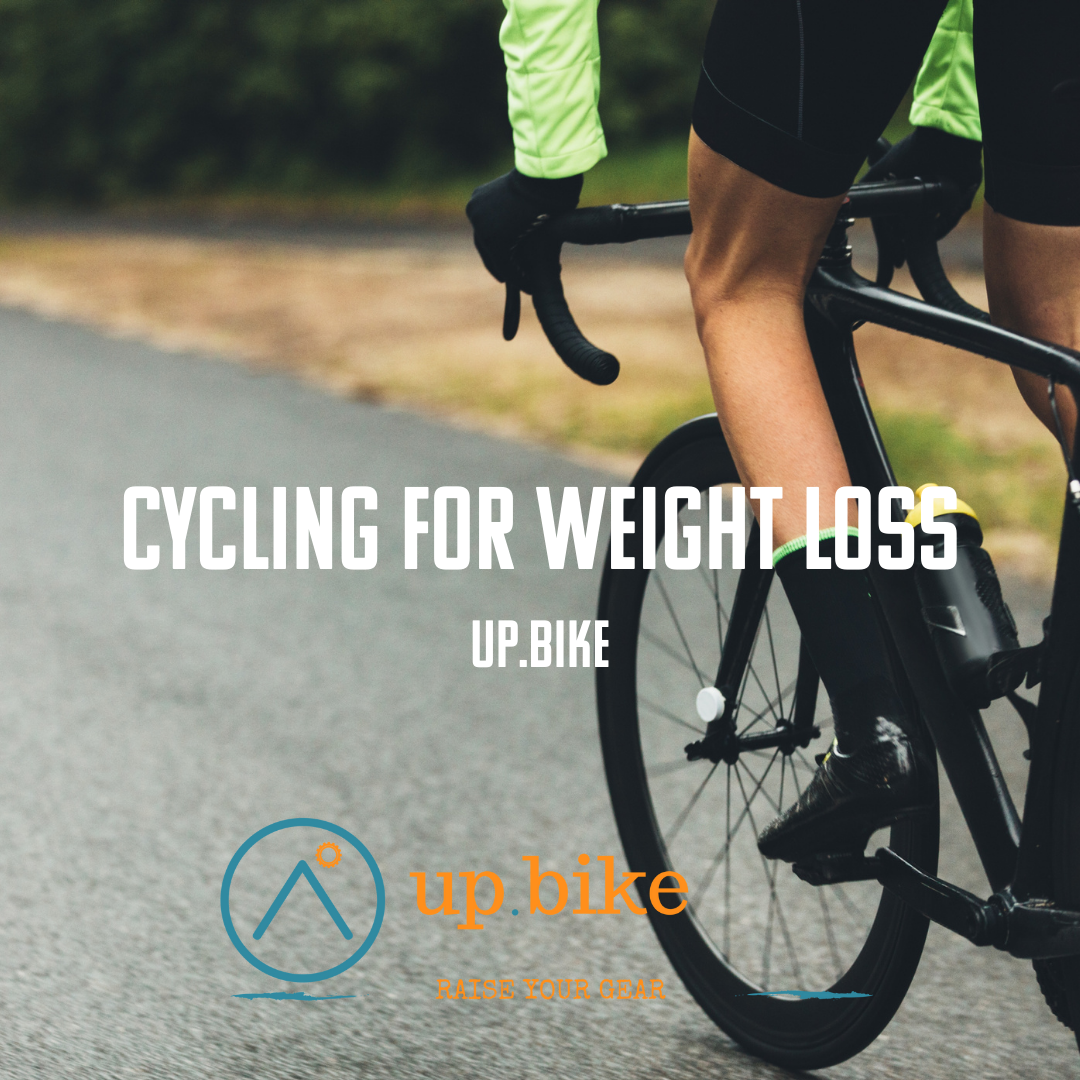Cycling offers a number of health benefits, but one thing we often see in the comments and articles online about the sport relates to weight loss.
One of the many perks of cycling is that it offers something for everyone. For beginners, that may be the rapid improvements in speed, power, and endurance that come with putting in miles. For more experienced riders, it could be the smaller gains that come with years of focused and structured training, often magnified or confirmed through competition. Most cyclists share at least some passing interest in their weight.
Cycling for weight loss is a proven way to lose unwanted body fat and improve overall health. We’ve put together some of the benefits below, but we’ll also offer some important considerations to get the most out of cycling to lose weight and other areas that play a direct role in successfully managing weight.

Why Are You Losing Weight?
Before starting any new weight loss program, think about your motivation. If you’re looking to lose a few pounds to be more competitive in a race, consider how impactful a difference of five pounds or so might actually be. Balance your weight loss by noticing if it affects your power output; losing weight can lower your power, and the two may not necessarily offset.
However, if you’re looking to get yourself to a healthy weight or Body Mass Index (BMI), make sure you’ve communicated with your doctor and set some basic healthy parameters to ensure your weight loss is controlled, monitored, and safe. Most experts recommend 1-2 pounds per week as the benchmark of healthy weight loss.
Make A Weight Loss Plan
Sit down and map out some important benchmarks you’ll shoot for on a calendar, as well as noting what days and approximately how long you’ll ride. Using programs like TrainerRoad or TrainingPeaks offer insight and structure, but simply using pen and paper can be enough to keep yourself accountable to your goals. You may aim to ride for four hours a week and lose two pounds per week; weigh in at the same time every day, but only add your weight to the calendar on a specific day of the week. This will help you see the overall trend of your weight loss, not the various fluctuations.
Eating For Weight Loss
One of the most important things about cycling for weight loss is to remember that exercise, even vigorous exercise through training accounts for only a part of the calories we burn each day. For most of us, our basal metabolic rate is responsible for the majority of our energy expenditure. BMR is the energy our body needs to function. That includes digesting food, blinking, basic bodily function, even blinking. Actual physical activity accounts for 10-30% of our energy use each day. Based on a BMR of around 2,000 calories, our exercise often burns an additional 200-800 calories per day.
A pound of body fat is the equivalent of 3,500 calories, which means even burning an extra 500 calories per day will still take a week to have a real impact on body mass.
Tips To Lose Weight Cycling
- Be patient. Long-term results are the result of weeks, months, and even years of hard work. Be patient if you don’t accomplish your goals right on schedule. Everybody reacts differently to changes in diet and exercise, but given time, your body will adapt.
- Be healthy. Cycling and many sports that emphasize low body weight have histories of pushing athletes towards eating disorders. Watch for any signs of disordered eating, especially if changes to your diet cause you anxiety or you find yourself skipping meals.
- Remember the other benefits. Don’t turn cycling into work. While riding your bike can help facilitate weight loss, make sure you appreciate the social aspects of the sport. Cycling also provides important stress release and mental health benefits, so don’t let those perks go just to shed a few pounds.
Always trust your doctor, a licensed dietician, or an experienced cycling coach if you are serious about losing weight through cycling.
If you have some experience losing weight on the bike, let us know in the comments or by email. What worked well for you?

